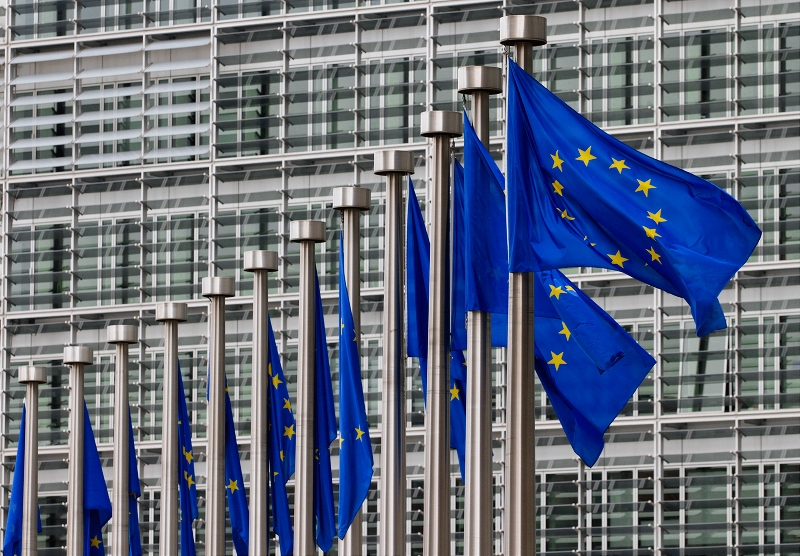Can Europe transform into one federal state? This is the old dream of the European federalists.
And whilst this dream continues to exist, the route in which it is to be achieved has taken an entirely different form than in the past. It no longer concerns the establishment of a common, federal entity through an official declaration or European constitution, but rather a more sinister, silent transformation; a silent revolution achieved without alerting the attention of a skeptical European society.
The federalist dream is no longer ushered along through political ideas or by charismatic, persuasive heavyweights; its success is determined by seemingly unspectacular, dispassionate and often complex legal and financial decisions made under the radar.
The federalization of the EU is conducted not through treaty provision, but through certain judicial interpretations of legislation which constitute the acquis communautaire, and through the gradual expansion of the EU’s so-called own resources, which in turn lays the foundations for a future federal budget.
Today, EU institutions find themselves in a phase of intensifying the silent revolution, evident by the increasingly more far-reaching European Court of Justice verdicts, as well as by the proposal to create more sources to obtain more of its own resources through CO2 emission trading.
The success of this revolution is largely dependent on how long it can remain unnoticed and undetected by the European people; a critical observation which remains to be seen.
For what ordinary person would care to understand the intricate judgments held by European judges of the European Court of Justice, or the complex financial transfers which stem from them? Who would care to fully comprehend the logic of the functioning of the European Emissions Trading System, even though increasingly often these rulings and mechanisms essentially decide the rights of Europe’s people?
This is where the federalists’ dream of a silent revolution may reach its limit. After all, for how long can EU institutions and the Europhile governments of certain member states hide the progression towards federalism from the public and political opponents?
It may transpire that despite the decades-long silent revolution towards further European integration, opposition towards an ever closer union may soon become very loud indeed.






